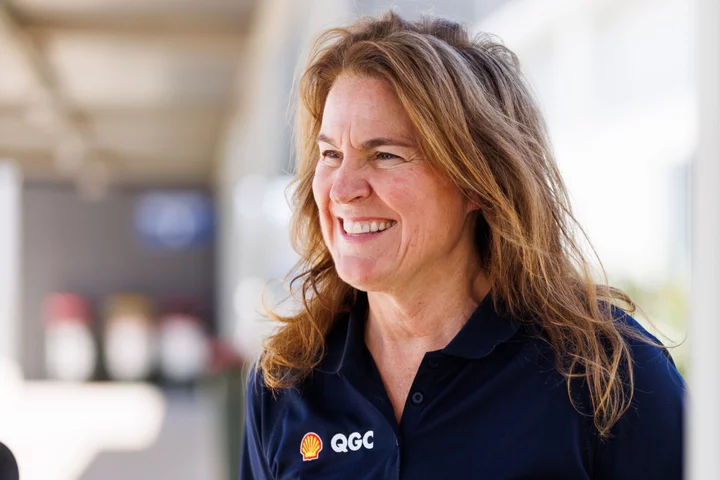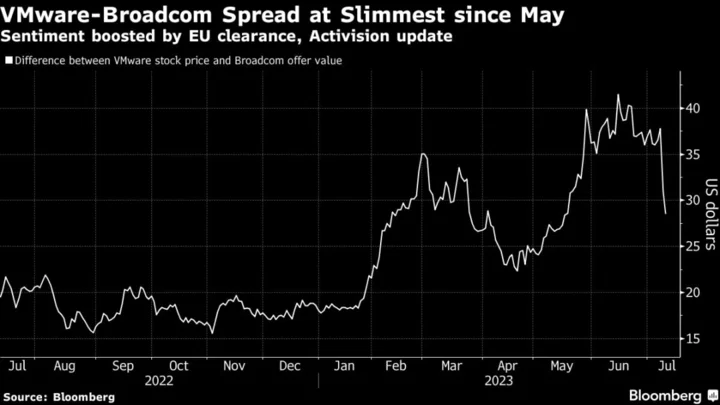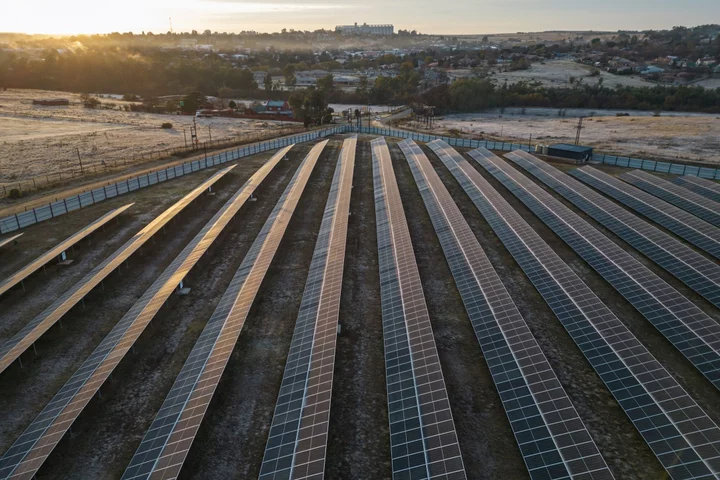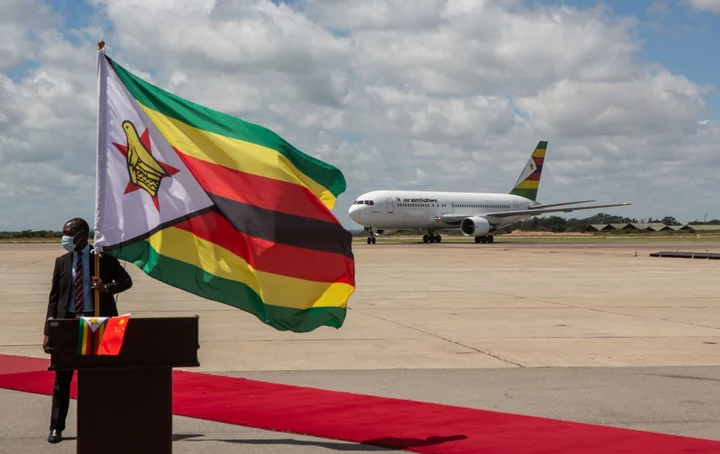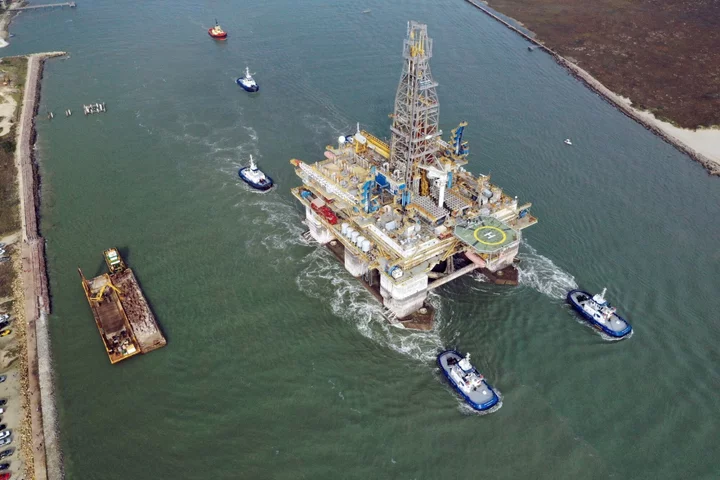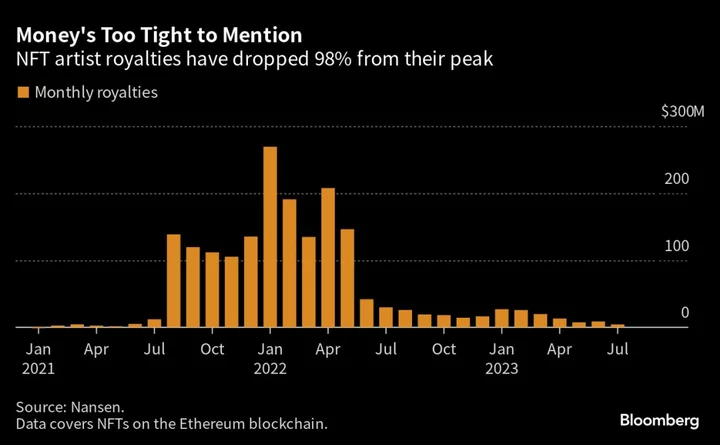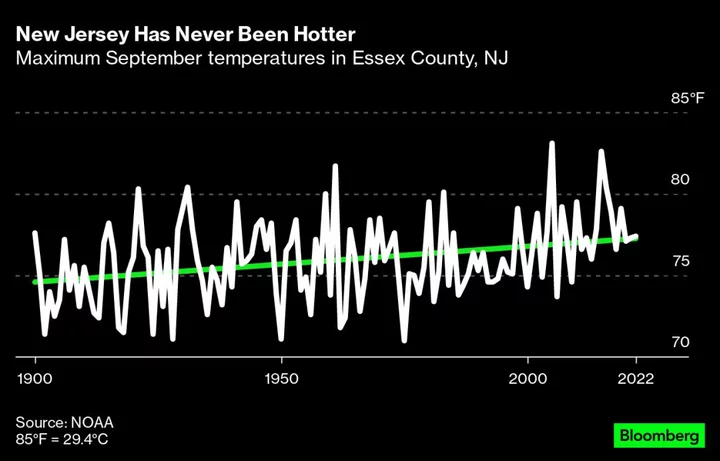Australia needs to encourage new investment in natural gas production to help prevent any domestic energy crunch and maintain the nation’s A$92 billion ($59 billion) export industry, according to a Shell Plc executive.
The country, which vies with Qatar as the top shipper of super-chilled liquefied natural gas, is facing looming pressures on domestic energy supply amid coal-fired power station closures and a lack of developments to offset declining output.
Future local shortfalls are likely to be met by diverting some gas intended for export to Asia into Australia’s market, according to the Australian Energy Market Operator. Major buyers including Japan have already raised concerns over potential disruptions.
“My advocacy would be for the governing bodies to consider policies that actually incentivize development in the upstream and in the supply of gas into Australia, as opposed to disincentivizing it,” Kim Code, Shell’s senior vice president east Australia, said Tuesday on a tour of assets including the Queensland Curtis LNG project off the coast of Gladstone. “That’s what is going to be best for the energy balance within the country.”
Shell, which forecasts LNG to take a larger role in the global energy mix in coming decades, ships around 100 cargoes a year from the plant on Curtis Island and meets about 13% of gas demand on Australia’s east coast through its QGC unit.
Critics including the Australia Institute think tank, which advocates for a faster energy transition, dispute the regulator’s forecasts on potential gas scarcity and argue the government should avoid further supporting fossil fuel companies.
Shell also operates the Prelude floating LNG facility off Australia, has stakes in the Gorgon and North West Shelf export projects and holds 50% of Arrow Energy, which produces gas and electricity. Last year, Shell and SGH Energy approved development of the Crux natural gas field, intended to feed Prelude from around 2027.
Project developers including Inpex Corp. have raised concerns about policy reforms in Australia, including the impact of tighter rules on greenhouse gas emissions requiring new LNG facilities to be immediately net zero, and the government’s tougher stance on limiting exports under emergency measures to meet local demand.
Shell is continuing to assess the potential impact of new policies, Code said in Chinchilla, Queensland, a rural hub for the firm’s network of around 3,200 onshore coal seam gas wells, stretched out across an area about the length of the UK. “It’ll really come to a head every time we look at more significant investment decisions,” Code said.

